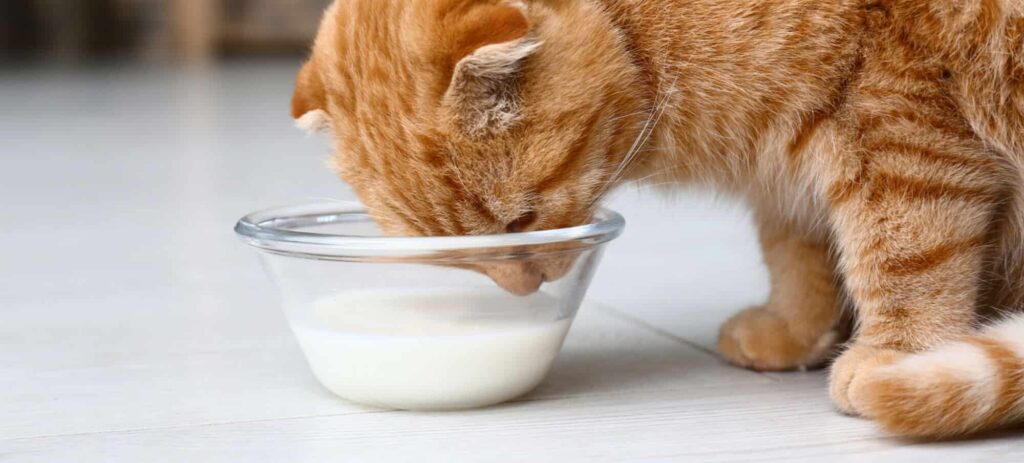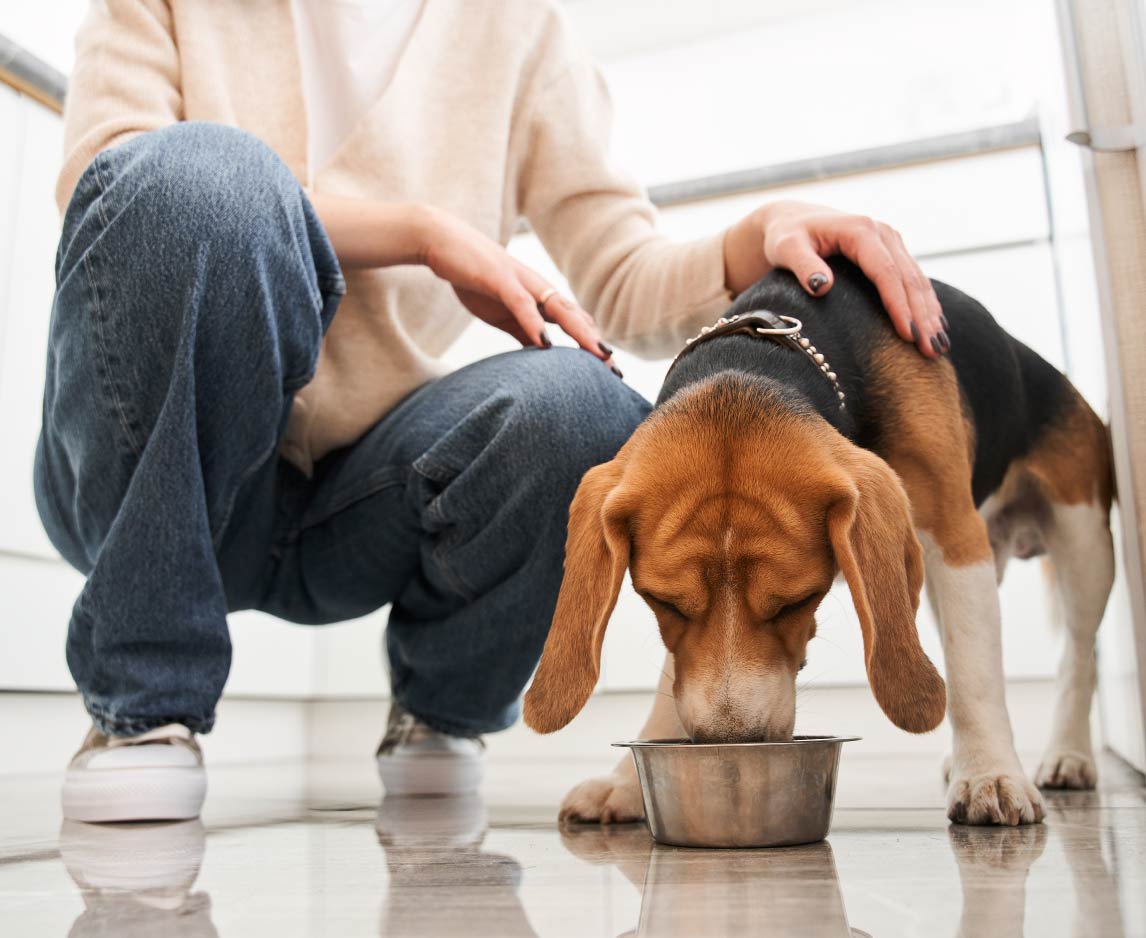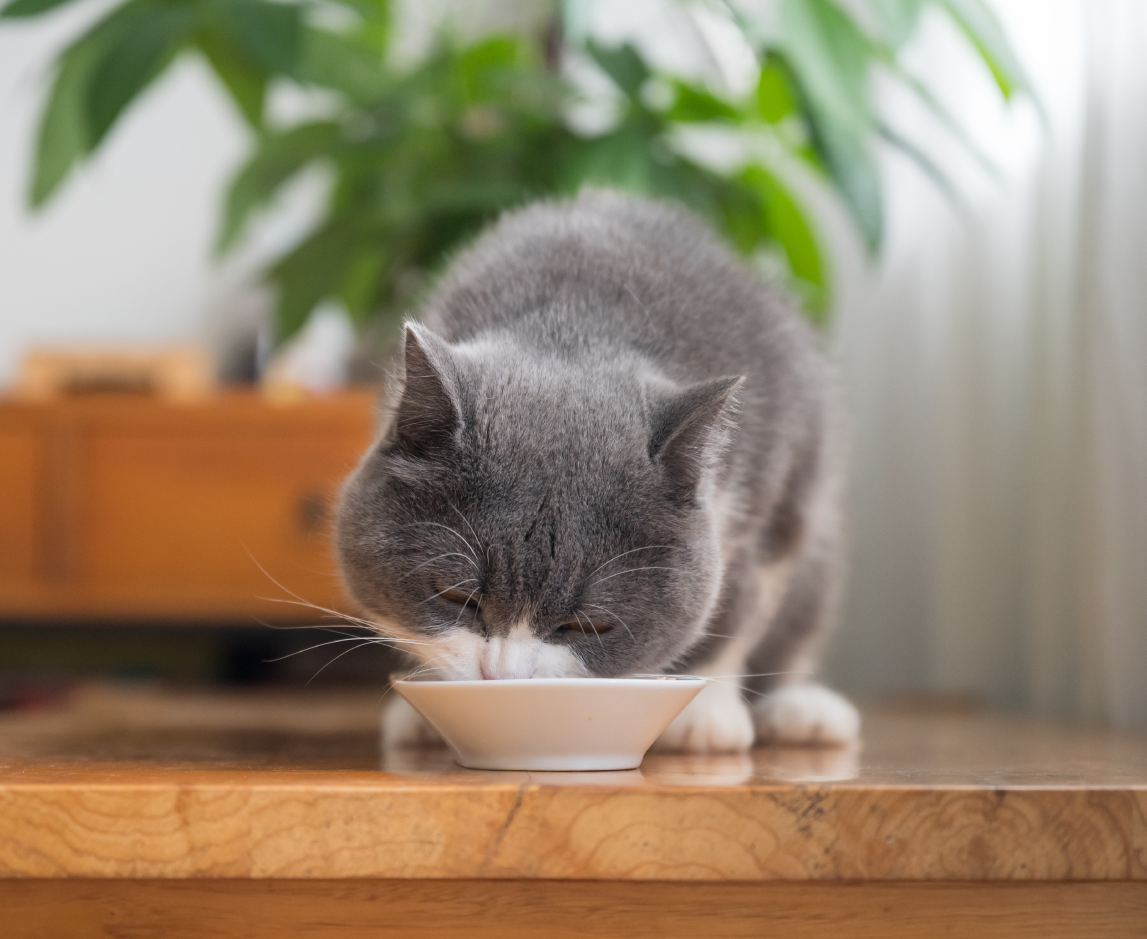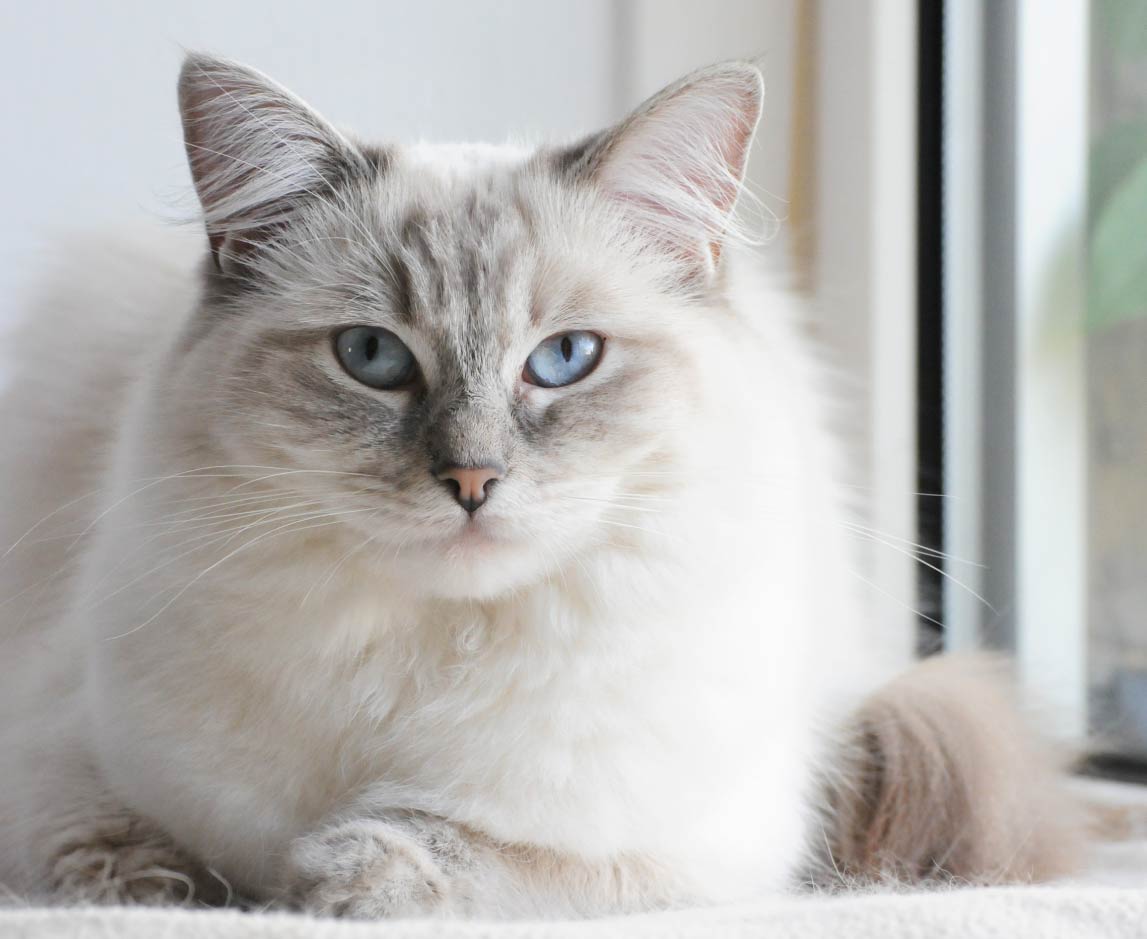New ingredient trends and meal toppers are constantly appearing within the animal nutrition market. Whether a trend wanes or lasts is always up for debate, but often these items at least pique pet parents’ attention. One of the latest trends is goat milk for cats. It’s important to keep in mind that many cats are lactose intolerant and may not digest any dairy products well. Keep reading for the latest findings and answers to common questions.
What Is Goat Milk?
Goat milk is lower in lactose — or naturally occurring "milk sugar" — than cow’s milk, making it more digestible for humans and other mammals. In fact, the dairy product has become so popular in the U.S. that there was a 60% increase in goat milk production from 2007 to 2017.
As with any dietary change, it’s best to consult with a veterinary professional before introducing goat milk to your cat’s routine. This will help determine if the addition is worthwhile for your pet’s unique health needs or whether there’s a better alternative.
Keep in mind that while it is incredibly beneficial as a supplement, goat milk is not a meal replacement, especially for kittens because it lacks critical essential nutrients and vitamins that are found in their mother’s milk.
Goat Milk vs. Cow Milk
On average, one cup of goat milk has slightly more protein than the same amount of cow milk — approximately one extra gram.
Goat milk, however, is more digestible and energy dense, with a unique protein structure that makes for less lactose. Many people with a cow milk allergy or intolerance find that they can comfortably consume goat milk.
Keeping goats is also known as a more viable option for dairy farmers with limited land and resources.
Benefits of Goat Milk For Cats
Not only can cats have goat milk, but there are many associated health benefits of consuming this non-traditional dairy product. Below are some of the most notable qualities of goat milk.
- Nutrient rich. Goat milk brings a lot of nutritional value, including vitamins, minerals, electrolytes, enzymes and protein that are required for many vital bodily functions. Milk from goats also boosts the absorption and proper use of minerals.
- A good source of immune system support. Because goat milk has higher amounts of conjugated linoleic acids, it plays an important role in stimulating the immune system promoting growth.
- Strong dental and bone health. Goat milk is rich in minerals, making it a great supplement to enhance bone and dental health.
- Hydration. Goat milk is slightly sweeter than cow milk, often making it more appealing to cats. This also makes it a helpful way to get felines, who inherently have a low thirst drive, to hydrate.
How To Feed Goat Milk to Cats
With a moderate and gradual introduction in mind, here are a couple of ways to get your cat acquainted with goat milk.
- As a meal topper. Not only is the addition of goat milk great for adding variety to your cat’s dietary routine, but the extra moisture is very beneficial. Top your cat's dry food with some goat milk, or just mix it in.
- In the form of frozen treats. Goat milk can also double as a sweet dessert treat. Freeze it on its own (or with water) — or include bone broth for some added nutritional boost.
FAQs
Can cats have goat's milk?
Have you ever heard of goat milk referred to as the universal milk? Due to the lower lactose levels and smaller fat and protein molecules, cats and many other mammals tolerate goat milk well.
How do I introduce goat milk to my cat’s diet?
Due to the consistency of their diets, cats generally have some unknown food sensitivities and can respond poorly to variations. When making any change or adding any new item to their routine, sticking with gradual amounts in small increments is always recommended.
Is goat milk good for kittens?
We’ve already established the reasons why this dairy product is generally well tolerated by most species, but you may be wondering about goats milk for kittens. While a kitten is nursing, you won’t want to provide them with anything other than their mother’s milk or a kitten milk replacement. Once weaned, kittens can benefit from goat milk as a supplement. But on its own, goat milk often lacks enough protein to sustain a growing animal.
Can cats have goat milk?
As with many feline nutrition questions, the answer isn’t a simple yes or no. Each pet has their own tolerances and preferences. While the amount of lactose in goat milk is less than in cow milk, there is still a small amount that can trigger intolerances.
After learning about some benefits of goat milk, you may have decided to add it to your cat’s nutritional regimen! For additional, complete meals with added benefits of their own, check out RAWZ’s new Digestive Support line.
You can find one of our independent retailers near you or explore our complete offerings online!





